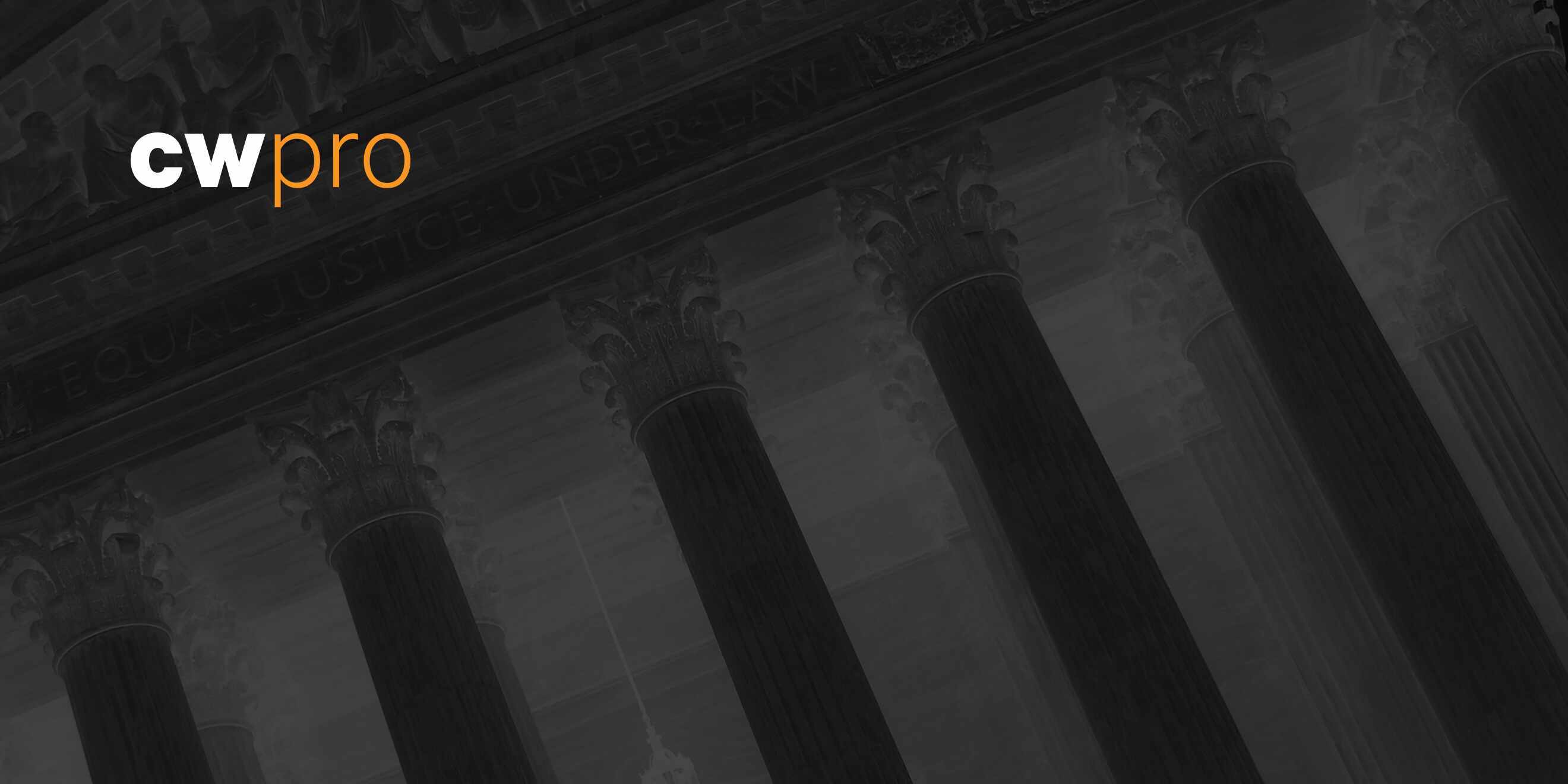At a glance.
- India to establish a special force of “cyber commandos.”
- Dutch and Japanese officials agree to restrict tech exports to China.
- JCDC to concentrate on energy and water security.
- More on the US’s battle with TikTok.
India to establish a special force of “cyber commandos.”
In response to a surge in cyberattacks against targets in India, which culminated with the recent attack on the All India Institute Of Medical Science, India’s Union Ministry of Home Affairs (MHA) says it’s finalizing plans for a new wing of police force “special commandos” focused on fighting cybercrime. Tribune Media reports that the plans were announced in the presence of PM Shri Narendra Modi last week at the All India Conference of Director Generals/ Inspector Generals of Police, and officials say the commandos will be deployed to each district across the country. Unlike existing cyber personnel on the police force, these specialists will undergo unique training and be endowed with the legal authority to immediately launch an investigation as soon as a cyberthreat or cybercrime is identified.
Dutch and Japanese officials agree to restrict tech exports to China.
The Wall Street Journal reports that the Netherlands and Japan have agreed to join the US in restricting exports of advanced chip-manufacturing equipment to China. US President Joe Biden’s administration has been working to disrupt China’s military development by cutting the country off from access to cutting edge tech, and convincing allies to do the same. Top security officials from the Netherlands and Japan met with US national security adviser Jake Sullivan on Friday to discuss these efforts and agreed to implement export controls that would prevent companies with critical technologies from exporting their goods to China. Specifically, the Netherlands will prohibit Dutch photolithography company ASML Holding NV from selling their most advanced machines to China, and Japan will set similar restrictions on tech firm Nikon Corp. Insiders say the agreement hasn’t been formally announced yet due to concerns China might retaliate.
JCDC to concentrate on energy and water security.
The US’s Joint Cyber Defense Collaborative (JCDC), a public-private team of cyberdefenders established by the Cybersecurity and Infrastructure Security Agency (CISA), recently announced its 2023 agenda, and as Cybersecurity Dive reports, it will focus on defending the energy and water infrastructure sectors, as well as the use of open-source software (OSS) in industrial control systems. The JCDC also announced Thursday that it will collaborate with managed service providers, managed security service providers, and remote monitoring and management to increase cybersecurity and reduce risk for small- and medium-sized critical infrastructure providers. Eric Goldstein, CISA’s executive assistant director for cybersecurity, said in a Thursday blog post, “While all organizations are at risk of cyber intrusions, we know that certain elements of the ecosystem can be abused by malicious actors to achieve widespread impacts.” While the JCDC was integral to the US’s response to last year’s Log4j vulnerability as well as the establishment of Shields Up, the US’s reaction to Russia’s invasion of Ukraine, some experts question whether the group’s 2023 agenda is too limited in focusing on the use of OSS only in industrial control systems. Brian Behlendorf, general manager of the Open Source Security Foundation, stated, “OSS usage is deep across many sectors, not just industrial control systems, and many of those sectors will share common underlying software (e.g. the Linux kernel), so it’s partly surprising to see the emphasis on ICS.”
More on the US’s battle with TikTok.
The ongoing saga of US officials’ attempts to limit the reach of popular Chinese-owned video streaming app TikTok continues to make headlines this week. The Wall Street Journal reports that TikTok’s chief executive Shou Zi Chew has voluntarily agreed to testify before the House Energy and Commerce Committee in March, the first appearance of a TikTok CEO before Congress. According to a committee spokesperson, the hearing will give lawmakers the opportunity to query Chew about concerns that US TikTok user data is being shared with the Chinese government and that the app could be used to spread misinformation. Chair of the committee, Representative Cathy McMorris Rodgers, stated, “TikTok has knowingly allowed the ability for the Chinese Communist Party to access American user data. Americans deserve to know how these actions impact their privacy and data security, as well as what actions TikTok is taking to keep our kids safe from online and offline harms.”
State and federal lawmakers have been working to ban the use of the app on government devices, but the Wall Street Journal notes that a pair of decades-old laws could stand in the way. Created in the last years of the Cold War, the Berman amendments revoked the president’s authority to regulate or ban imports of “informational materials'' from adversarial nations. While the laws were created before TikTok or similar platforms existed, the protections were later expanded to provide a First Amendment-type shield for foreign digital media, and in 2020 TikTok attorneys invoked the Berman laws in a successful 2020 lawsuit to block ex-President Donald Trump from banning the app. Lawmakers now face the challenge of creating legislation that will reduce the national security risks posed by TikTok, without shutting down global exchanges of content. Senate Intelligence Committee chairman, Virginia Senator Mark Warner states, “Other nations around the world could then create similar constructs that could be used against American companies. My goal is not to replicate the Chinese approach—that’s the opposite of a market-based system.”
